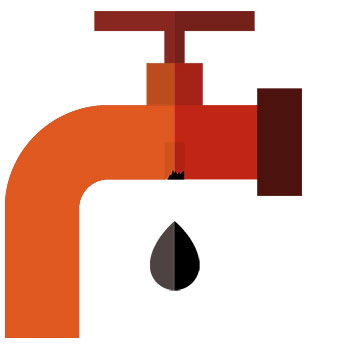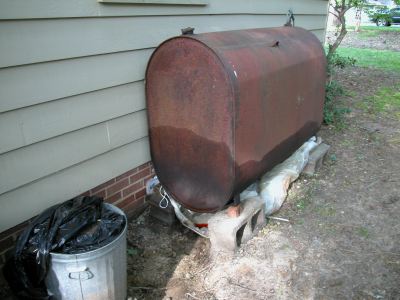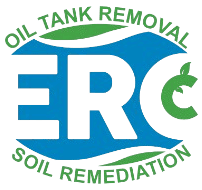Factors Effecting Oil Tank Life Expectancy
In a separate post we have given a general overview to the question, “How long does an oil tank last?”, so let’s get more into detail about the variables that impact the life expectancy of an oil tank.
Oil Tank Materials
The first and probably most obvious factor is the physical makeup of the oil tank itself. Most residential oil tanks are made from 14-gauge to 12-gauge steel, 12-guage being a bit thicker. Other factors aside (which we will discuss later in this article), a steel 14-guage oil tank will last 10-15 years on average when outdoors, regardless of whether it is located underground or above ground. A thicker 12-gauge tank might add roughly 5 years to the lifespan, and if the tank is located somewhere inside the property (usually a basement), the oil tank will last another 5 years or so. Some newer oil tanks installed within the last 10-15 years or so are made out of plastic or fiberglass and if installed/maintained properly can last up to 50 years.

Damage during oil tank installation
Other very important influencers of oil tank corrosion and leaks are plumbing connections and structural damage to the tank during installation. Oil tanks have vents and lines that allow the contents to be moved to a furnace that heats the home. We find that these connections are often done with poor welding, compromised, or do not seal properly, and that this many times results in a leak before the steel tank itself begins to give way. Likewise, oil tanks are often installed using heavy machinery and it is very possible that a machine can damage the exterior of the oil tank while putting it into the ground, or that the tank is scraped or dented by rocks. These incidents can ultimately make parts of the oil tank susceptible to corrosion at a faster rate than usual.

Environmental effects on oil tanks
While you may think of indoor and above-ground oil tanks as being relatively safe to corrosive elements, they are prone to other factors. For instance, these oil tanks often experience wide ranges of temperature within short spans of time that lead to condensation on the oil tank’s interior. This water eats away at the steel. Of course, in the case of an outdoor above ground oil tank, rain and sprinklers make the issue of water even worse. Additionally, depending on where the oil tank is stored and how it is supported, sometimes surrounding objects and elements can put pressure on the tank and cause cracks over time.
Oil tank removal – always the best option!
These are all things to closely consider when evaluating the state of your oil tank. A certainty, though, is that it is always best to get an oil tank removal or replacement done by ERC before the tank is in danger of an expensive leak of harmful materials.
Contact.
Contact us today to get started.
Call: 877-440-TANK (8265)
You can also fill out the form below and we’ll contact you within 24 hours:



